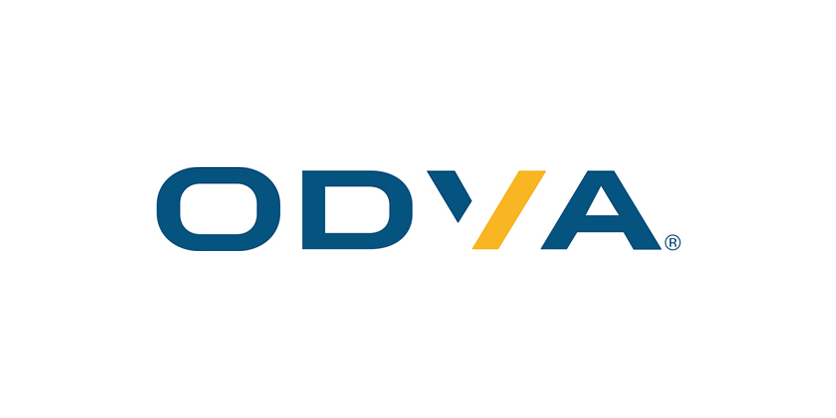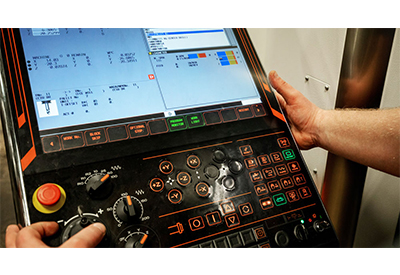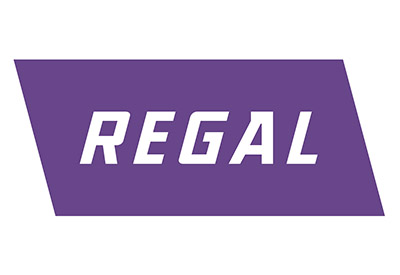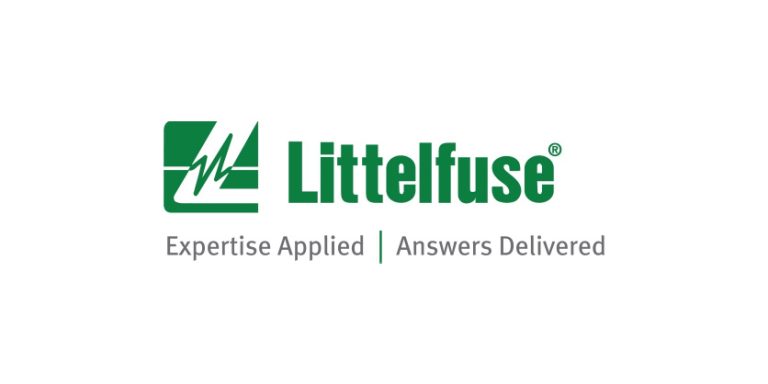ODVA Conformance Testing Available for EtherNet/IP Devices on the Ethernet-APL Physical Layer for Process Automation

November 9, 2022
Recently, ODVA conformance testing is now available for EtherNet/IP network-enabled devices that communicate over the Ethernet-APL physical layer. Conformance testing verifies the Ethernet-APL physical layer functionality by checking that the different port types properly adhere to the relevant specifications. The EtherNet/IP communication network functionality is also confirmed as a part of this process. Together, both tests ensure maximum interoperability between vendors as well as different types of instruments and infrastructure components. The availability of complete EtherNet/IP over Ethernet-APL conformance testing is the final step for ODVA to make the benefits of Ethernet available at the field level in the process industries.
Ethernet-APL is the new intrinsically safe, two-wire, Single Pair Ethernet (SPE) solution, based on an extension of 10BASE-T1L (IEEE 802.3cg2019), that meets the requirements of the process industries. The advantages of Ethernet-APL include significantly faster communication speeds of up to 10 Mbit/s, hazardous area protection, power to field instrumentation, and long cable runs of up to 1,000 meters (IEC 61158). Ethernet-APL devices adhere to IEC TS 60079-47 (2-Wire Intrinsically Safe Ethernet) in order to ensure “intrinsically safe” ignition protection.
EtherNet/IP over Ethernet-APL conformance test orders are ready to be placed now. Vendors are invited to place their test orders on ODVA’s website. The physical layer testing covers IEEE data, 10BASE-T1L, and Ethernet-APL port profiles power requirements. This includes EMC testing that aligns with IEC/EN 61326 and NAMUR NE 21. EtherNet/IP network conformance testing covers communication functions defined above layer 2 of the OSI model, and relies upon ODVA’s standard, highly rigorous process. Also, note that intrinsic safety and/or functional safety certification are taken care of by separate safety testing agencies.
“ODVA is focused on expanding the capabilities of EtherNet/IP by taking advantage of the new markets and applications that Single Pair Ethernet (SPE) has opened up. Ethernet-APL is purpose-built to meet the needs of the process industries, which will enable Ethernet-based control and commissioning at the field level and enhanced field to cloud connectivity,” said Dr. Al Beydoun, President and Executive Director of ODVA. “EtherNet/IP is a complete industrial communication network that encompasses discrete, hybrid, and process applications. Recent efforts of joining the Process Automation Device Information Model (PA-DIM) collaboration and the availability of Ethernet-APL testing reinforce ODVA’s commitment to meet the full requirements of the process industries.”
Vendors are now able to bring ODVA CONFORMANT™ products for EtherNet/IP to the market that can function on the Ethernet-APL physical layer. End users will soon be able to take advantage of the benefits of Ethernet at the field level of the process industries, which include significantly faster commissioning time, multiple process variables within one device, and advanced diagnostics and prognostics for failure detection. Additionally, the Ethernet-APL physical layer transports application-layer safety and security services such as CIP SafetyTM and CIP SecurityTM, which utilize IEC 61508 and ISA/IEC 62443 standards.
A thorough ODVA conformance testing process helps vendors to be able to offer higher performance products with less potential to cause issues when they are installed at the point of use. Third-party verification in the form of conformance testing is a valuable step in the product development process that ensures a superior vendor product and the best possible end user experience through confirming that the required parameters in the specification are met. Visit odva.org to obtain the latest version of The EtherNet/IP Specification including EtherNet/IP for Ethernet-APL.
The Avnu Alliance, CC-Link Partner Association, ODVA, OPC Foundation, and PROFIBUS & PROFINET International jointly announce that they are collaborating to develop a single conformance test plan for the IEEE/IEC 60802 Time Sensitive Networking (TSN) profile for Industrial Automation. The test plan will be used as a base test by all the participating organizations and made available to the broader Industrial Automation ecosystem.









